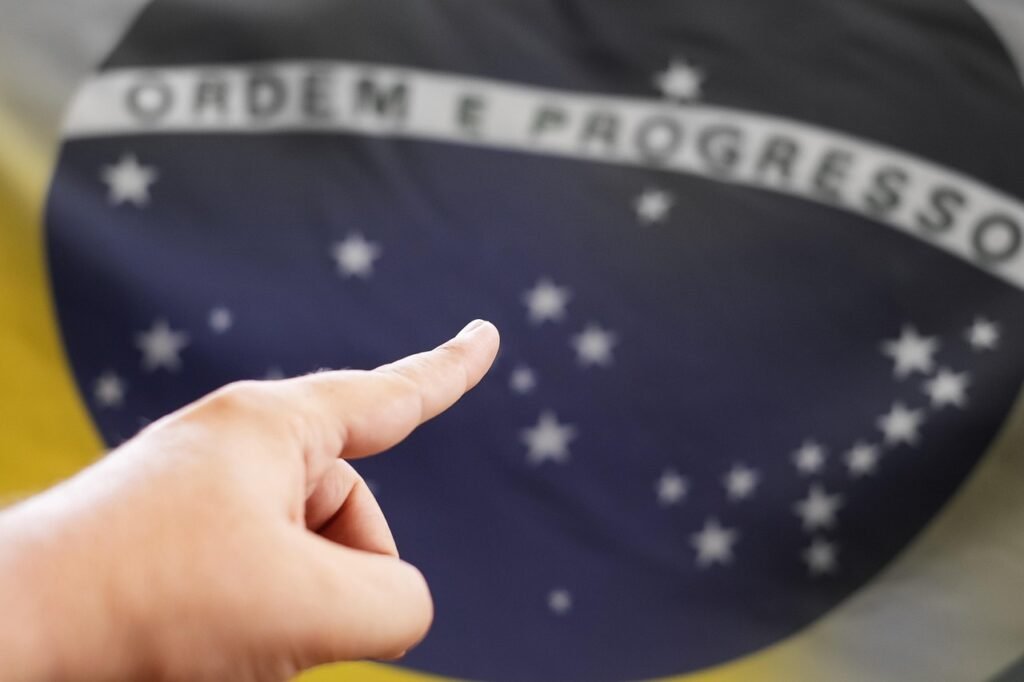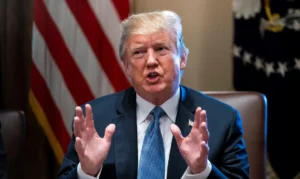
By Rogerio Dultra dos Santos
Full Professor at the Faculty of Law, Fluminense Federal University
Political freedom (read: democracy) and the autonomy and independence of peoples in the Americas have not been so threatened since the Cold War. This time, the risk of intervention in countries like Brazil does not come from local power-hungry military forces but from the same perpetrators of the 1960s and 1970s dictatorships: the United States of America.
Hijacked by the far-right and its authoritarian, fascist-leaning agenda, the U.S. is targeting imaginary threats and fictitious enemies, destabilizing a continent already largely threatened by the very existence of the Trump administration. Like any authoritarian leader, Donald Trump relentlessly works to consolidate state powers in
his hands, undermining the operational autonomy of public administration, ideologically manipulating the Judiciary, intimidating the Legislature with arbitrary arrests, and directing police forces toward an unprecedented anti-immigrant ethnic cleansing.
In Brazil, since Jair Bolsonaro’s election in 2018, threats of a coup d’état and dictatorship have become constant. Encouraged by the then-President of the Republic, countless fanatical supporters persistently called for military intervention, occupying the gates of Armed Forces barracks across the country. Following the global far-right playbook, Bolsonaro incited civil disobedience through public demonstrations and massive dissemination of fake news via WhatsApp. In this dystopian context, with the Executive Branch overtaken by openly anti-institutional
forces and a Legislature sympathetic to extremism, the Judiciary became a bastion for defending the Constitution and democracy.
Almost simultaneously with the chaotic start of Bolsonaro’s government in 2019, the Supreme Federal Court (STF) assumed its role as the guardian of the Constitution. This did not happen without first becoming a prime target of Bolsonaro’s supporters. They always viewed the Judiciary as a check on Bolsonaro’s tyrannical excesses and a guarantor of legality against the shady and unconstitutional interests of his allies. Thus, the STF worked tirelessly to counter interference and violations by big techs in the electoral process. This is the origin of the attacks on Justice Alexandre de Moraes, the original rapporteur of the inquiries into fake news and, at times, President of the Superior Electoral Court during the 2022 presidential campaign.
It is no surprise, therefore, that Alexandre de Moraes became a prime target of the Bolsonaro far-right since early 2019, with the support and encouragement of global figures like Steve Bannon. In his role, the STF Justice worked to ensure the stability and constitutionality of the elections, dispelling any doubts about the integrity of the voting process—doubts sown precisely by then-presidential candidate Jair Messias Bolsonaro.
The STF’s role in stabilizing democracy intensified significantly from mid-2019, when leaked WhatsApp conversations revealed improper interactions between prosecutors of the so-called “Lava Jato Operation” and the judge who convicted former President Luiz Inácio Lula da Silva for an alleged, never fully proven “corruption scheme”. In a process riddled with illegalities and with the clear political aim of removing Lula from the
2018 electoral race, the then-judge, now Senator Sérgio Moro, worked his magic and paved the way for Bolsonaro’s 2018 election. Shortly after, he abandoned the judiciary to become the Minister of Justice under the far-right President.
The attempted coup d’état on January 8, 2023, shortly after President Lula’s inauguration, surprised no one. Bolsonaro neither acknowledged his electoral defeat nor performed the customary act of passing the presidential sash to Lula, a formality observed in Brazil’s last 40 years of democracy.
The invasion of the Three Powers Square in Brazil was equivalent to the Capitol invasion by Trump supporters following his electoral defeat to Joe Biden. The difference here was the role played by our Supreme Court. It prosecuted and tried hundreds of fanatics for crimes against the Democratic Rule of Law and for coup d’état, under legislation enacted by Jair Bolsonaro himself when he was President. Recent threats by Trump against our country, in the form of tariffs and the outrageous demand that the STF release Bolsonaro from judgment for the crimes he committed against institutions and Brazilian democracy, represent the true coup d’état in progress. Our Supreme Court resists, as any truly independent power should.








